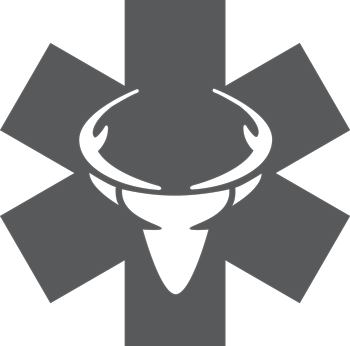We were recently asked by someone who was interested in supporting us as a technical service provider how we find our own customers.
Although this is something we certainly think about a lot, like many other areas of life it sometimes takes a direct question from someone else to help us see new insights.
In fact, and as we told this person, for a growing company we have probably paid less attention to our business development than we maybe should have.
This is partly because we have put so much effort into developing the technical and operational areas of our business in order to get these right.
But it is also because a lot of our customers have come through direct referrals: either existing customers recommending us to others, or organizations meeting us at work sites with multiple contractor companies present there, and then them being impressed with what they see.
It’s immensely satisfying to make new business relationships in these two ways because it is a direct reflection on the processes we have created and the quality and conduct of our staff.
However, in complete contrast some of our best business relationships have also begun from speculative new online inquiries and calls that often start with the caller saying something along the lines of “I don’t know if you can help me but…” and then explaining some new or challenging access situation or technical process they are trying to figure out a way to achieve.
Perhaps they need to do something at height where boom lifts or scaffolding will not work; perhaps they have heard of rope access but not sure if it is feasible in their situation; perhaps they need to work in an enclosed space but don’t know if it is legally a confined space or not, or what they need to do if it is; perhaps they do understand rope access but need to know whether we are capable of completing their specific technical scope of work.
Or perhaps they have a more complicated task that requires their staff entering areas that have a combination of enclosed spaces, varying levels, potentially hazardous atmospheres, and challenging technical work requirements.
Reflecting on this idea, in this week alone Tundra Rescue has supported customers involved in wind energy, various types of engineering, construction, advertising signage, industrial parts manufacturing, environmental services, and water treatment projects, as well as a difficult technical installation task in an extremely innovative food and beverage manufacturing site.
And actually, that’s just a small selection of the type of industries that we can support, because (and as we have said before on this news page), our capabilities and approach opens up new ways of looking at all kinds of different access issues and problems, even before taking into account the types of technical work we can do once we have accessed those areas.
So the answer is if you don’t know whether we can help you but have a height, access, standby safety or rescue issue as part of your project, program or shutdown please do get in touch to ask.
Even if we can’t assist you ourselves, we have more than ten years of experience looking at these types of challenges and there’s a good chance we may still be able to help point you in the direction of the solution you need.

